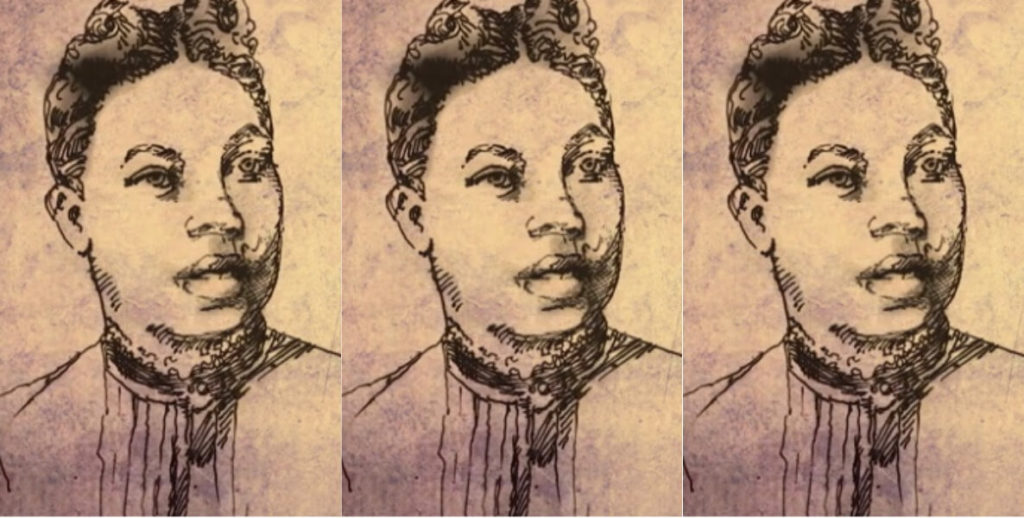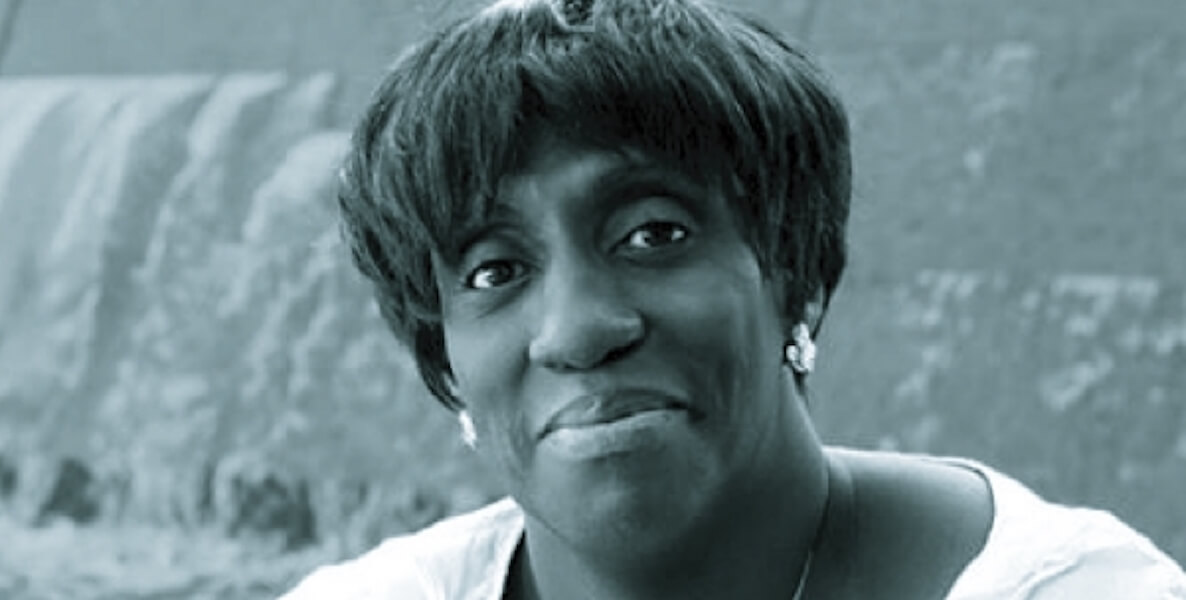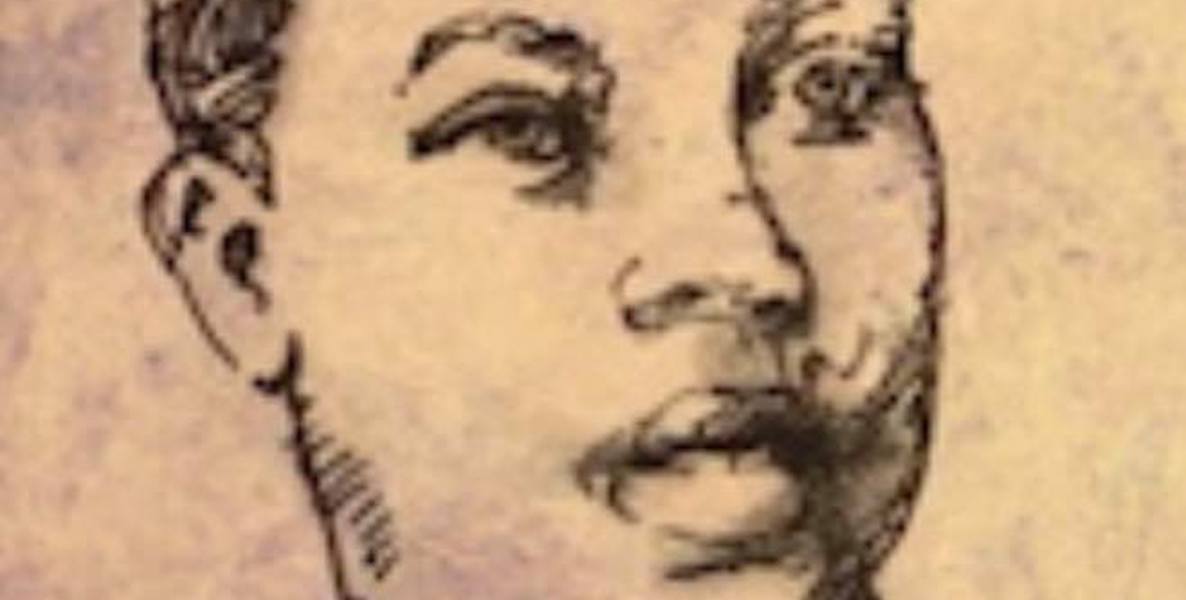There are approximately 1,500 statues in the City of Philadelphia. Only two of these are of historic women: Joan of Arc and Boston Quaker Mary Dyer. Neither are from Philadelphia; nor do they have any known relationship to the city. (A third, of singer Kate Smith, was removed from near the stadiums in 2019.)
This is embarrassing. There are so many accomplished women from Philly who helped to shape the city and whose work was well known beyond it. Think, for instance, of Frances Ellen Watkins Harper, poet and suffragist, and co-founder of the influential National Association of Colored Women’s Clubs. Or Marian Anderson, famous singer and civil rights icon who in 1939 performed at the Lincoln Memorial after the Daughters of the American Revolution refused to allow her to do so at Constitutional Hall.
In 2019, Philadelphia’s City Council passed a resolution encouraging the city to put up a statue of Sadie Tanner Mossell Alexander, the first Black woman to graduate from the University of Pennsylvania Law School. Nearly three years later, and there has been no word about if or when that will happen.
Meanwhile, we propose a memorial to another groundbreaking Philadelphia woman: Educator and activist Caroline LeCount (1846-1923). And we have just the place for it: Marconi Plaza, to replace the soon-to-be-removed statue of Christopher Columbus.
LeCount was her generation’s Rosa Parks
Caroline LeCount was a shining star among the Black elite of Philadelphia. She burned brightest when she was the center of attention. She had presence. She was often the smartest person in the room. She spoke beautifully, but she spoke her mind. And she was fierce. She used her natural talents to expose racism and to promote educational excellence.
LeCount’s 77 years of life in Philadelphia began when slavery was still legal in many places in the country. Caroline was born in 1846 into a close-knit activist Black community in the City’s Seventh Ward. Her family had close ties to the Philadelphia Vigilance Committee, whose members helped enslaved people escape to freedom. Her childhood home on Rodman Street was likely a safe house on the Underground Railroad.
A precocious and gifted student, Caroline earned a spot at the City’s prestigious Institute for Colored Youth. Here, Black teachers led Black students through a demanding curriculum. Caroline shined in school, graduating at the top of her class in 1863. By then the Civil War was raging and LeCount wasted no time getting to work. Joining forces with other Black women, LeCount formed the Ladies Union Association. They raised money and provided much-needed supplies to the United States Colored Troops across the City. They also fought for civil rights on Philadelphia’s streets.
In these years, horse-drawn streetcars were revolutionizing public transit. But Black people were not allowed to ride, except on the exposed front platforms… sometimes.
This exclusion kept LeCount and her associates from getting to the soldiers with supplies and medical care. So, LeCount and other Black women who were doing that work practiced civil disobedience. They boarded the streetcars anyway, putting their bodies on the line. Many of these women were violently attacked and ejected. When this happened, the hearts and minds of some white Philadelphians began to change.
We began 2021 by thanking Stacey Abrams for saving our democracy. Why not end the year by rediscovering and celebrating the long legacy of Black women’s civil rights work—starting with a local unsung shero, Caroline LeCount?
Meanwhile, Black men, who would soon gain the right to vote, put pressure on state lawmakers. Men like Octavius V. Catto and Jacob C. White Jr. successfully lobbied lawmakers in Harrisburg to desegregate streetcars statewide in 1867.
But LeCount knew the work wasn’t done until the new law was tested on the streets. After again being refused a ride on the streetcar, she filed a complaint with the courts. Armed with a copy of the new law, LeCount appeared before the judge who found in her favor and fined the company. LeCount made streetcar integration real for the Black community in Philadelphia. She was her generation’s Rosa Parks.
Maybe you know this story. Or you know that LeCount was the fiancée of Octavius Catto, who was murdered in Election Day violence in 1871. But Caroline LeCount was so much more.
LeCount was a force for Black educational excellence within the City’s public school system. At 18, she was one of the first three Black women to be certified as a public school teacher in Philadelphia. At 21, she became the second Black woman to be principal of a public school. For nearly fifty years, LeCount tirelessly advocated within the Philadelphia School District to hire Black educators to teach Black youth. Fittingly, LeCount’s school was named the Octavius V. Catto School and thrived until her retirement in 1911.
Caroline LeCount did not suffer fools nor racism. When Philadelphia’s Board of Education criticized Black teachers for the poor performance of Black students, LeCount confronted the board, pointing out that Black teachers were held to higher standards than their white counterparts. Students struggled from a lack of resources, not talented teachers. And she advocated for her teachers for new posts as principals, insisting to the Board that “colored children should be taught by their own.” LeCount believed that Black youth learned best in classrooms headed by well-qualified Black teachers.
In her decades in the classroom, Caroline LeCount touched the lives of thousands of children. Her influence on them could still be felt early this century. For their book Tasting Freedom, authors Daniel Biddle and Murray Dubin interviewed 101-year-old Lillie Dickerson in her house in South Philadelphia. Dickerson remembered that “Liney LeCount was a teacher. She was a learned woman.”
Seventy years after her death, LeCount was still remembered fondly by someone who had met her as a young child.
Honoring LeCount honors Black women’s achievement
A monument to Caroline LeCount would raise public awareness about her extraordinary life. More than that, it would shine a spotlight on pioneering women who were foot soldiers in their generation’s fight for civil rights. And, such a memorial would acknowledge and celebrate the work of Black women today, who are leaders in the fight for human rights and voting rights.
“Black women,” Dr. Shannen Dee Williams of Villanova University said recently, are “formidable prophets of democracy.” Or, as Allener M. Baker-Rogers and Fasaha M. Traylor’s encyclopedia on Black Women in Philadelphia is titled, They Carried Us.
Marconi Plaza may seem a strange, and controversial, proposed location for this new monument. But it’s appropriate. On the south side of City Hall, facing down towards Marconi, stands the powerful statue of Octavius V. Catto, the only statue in Philadelphia celebrating a Black man. He is memorialized as a murdered civil rights activist and educator. Catto strides forward, eyes cast upwards, arms outstretched. He seems almost poised for flight.
Three miles south is Marconi Plaza, at Broad and Oregon. A memorial there for a Black woman activist and educator could respond to the Catto statue, and the natural counterpart to Catto would be a monument to his peer, Caroline LeCount.
We began 2021 by thanking Stacey Abrams for saving our democracy. Why not end the year by rediscovering and celebrating the long legacy of Black women’s civil rights work—starting with a local unsung shero, Caroline LeCount?
Judith Giesberg is the Robert M. Birmingham Chair in the Humanities and a History professor at Villanova University. Lori Aument, a building conservator, has been working on historic sites in Philadelphia for over 20 years; in 2019, she launched the Philadelphia history podcast, Found in Philadelphia.



